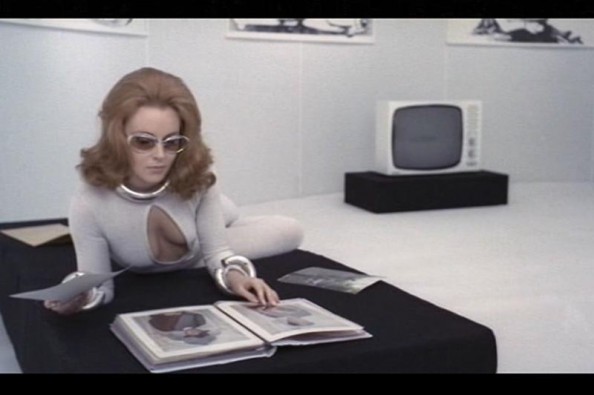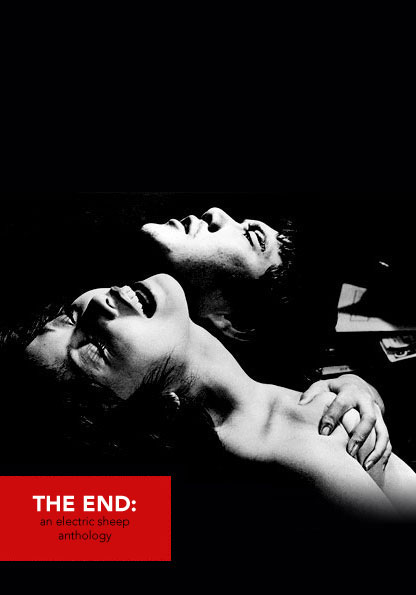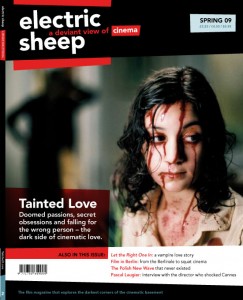
Miskatonic Institute of Horror Studies – London
Instructor: Virginie Sélavy
Date: 12 March 2015
Time: 7-10pm
Venue: Horse Hospital
Address: Colonnade, Bloomsbury, London WC1N 1JD
Prices: £10 advance / £8 concs / £11 on the door
Miskatonic website
In the 1960s-70s, the relaxation of censorship, together with women’s greater social assertiveness, led to the appearance of a substantial number of art and/or exploitative films that explored male/female relationships through sexual power games. A large sub-section, including Mario Bava’s The Whip and the Body (1963), Luis Buñuel’s Belle de jour (1967), Sergio Martino’s The Strange Vice of Mrs Wardh (1971) and Vicente Aranda’s The Blood Spattered Bride delve into what are presented as women’s secret repressed desires and internal conflicts. Aside from his numerous Sade adaptations, Jess Franco also dreamily explored female characters who are both victims and tormentors in Venus in Furs (1969) and Succubus (1968). Henri-Georges Clouzot’s Woman in Chains (1968) and Alain Robbe-Grillet’s Eden and After (1970) create hyper-aesthetic worlds of kinky abstract obsession while in Kôji Wakamatsu’s The Embryo Hunts in Secret (1966) and Pete Walker’s House of Whipcord (1974), the violence of amorous relationships takes on social and political connotations. Artist Niki de Saint Phalle made two unusual and fascinating contributions to this theme: not only did she co-direct her own semi-autobiographic perverse family fantasy, Daddy with Peter Whitehead (1973), but her art also appears in the fascinating Femina Ridens (Piero Schivazappa, 1968), which toys with expectations about dominant and submissive roles. The lecture will examine all these and more ramifications of the period’s unfettered sado-masochistic fantasies.
About the instructor:
Virginie Sélavy is the founder and editor of Electric Sheep, the online magazine for transgressive cinema. She has edited the collection of essays The End: An Electric Sheep Anthology, and has contributed to World Directory Cinema: Eastern Europe and written about Victorian London in Film Locations: Cities of the Imagination – London. Her work has appeared in various publications, including Sight&Sound, Rolling Stone France, Cineaste and Frieze.
About the Miskatonic Institute:
Named for the fictional university in H.P. Lovecraft’s literary mythos, The Miskatonic Institute of Horror Studies is a non-profit, community-based organization that started in Canada, founded by Kier-La Janisse in March of 2010. The school currently has branches in Montreal and London, with Miskatonic London operating under the co-direction of Kier-La Janisse and Electric Sheep Founder/Editor Virginie Sélavy.
All classes take place at the historic Horse Hospital, the heart of the city’s underground culture. Individual class tickets are £10 advance / £11 on the door / £8 concessions and will be available 30 days in advance of each class.
The next course dates are 9 April, 14 May, 11 June. For the full details of the courses please check the Miskatonic website. For all enquiries, please email Miskatonic.london@gmail.com.


